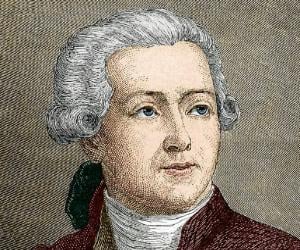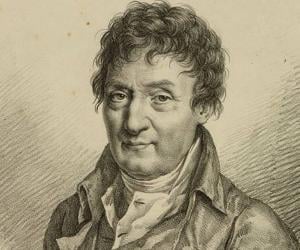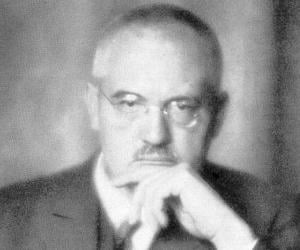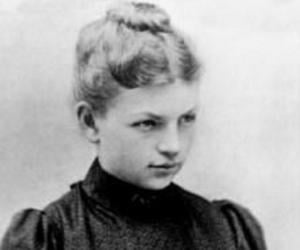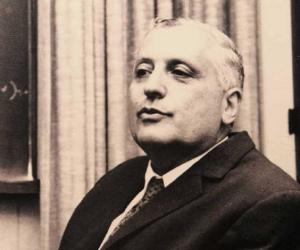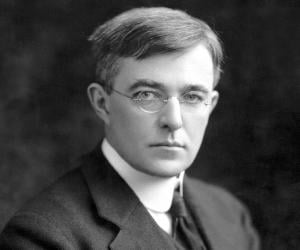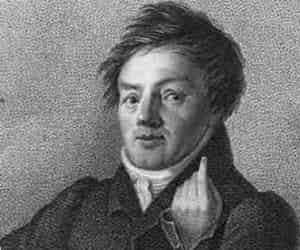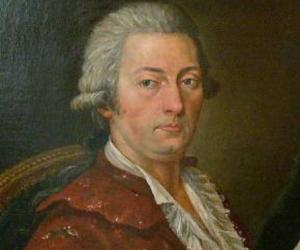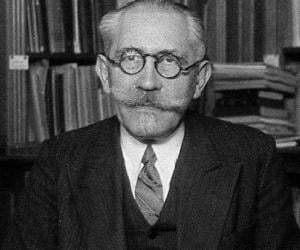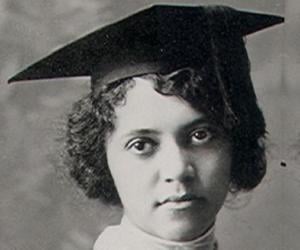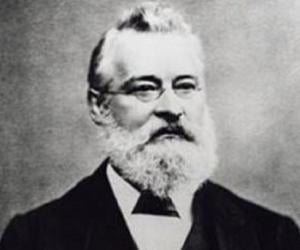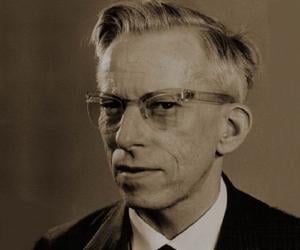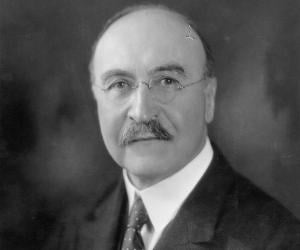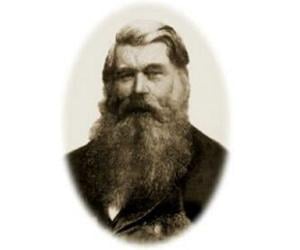Antoine Lavoisier was an 18th century French chemist, who was known for having recognized one of the most important chemical elements, oxygen. Not just that, he also identified the significance of this gas in the process of combustion. He developed an interest in science while still in school, and though he was a qualified lawyer, he ended up working as a scientist instead. This genius' contribution to the field of chemistry, in particular, is extremely indispensable, and forms the basis of several present day scientific theories. He stated that during the process of combustion, not only is a substantial quantity of air used, but there is also a visible gain in the mass of the substance. He improved upon the works of scientists like Joseph Black and Joseph Priestley, especially contributing to the experiments conducted by the latter. His work was so remarkable that the French government decided to hire him as a supervisor for the ammunition department, working specifically on the production of gunpowder. However, despite all his efforts, during the 'Reign of Terror' in France, twenty-eight Frenchmen, including Lavoisier, were convicted of crimes against the nation by the political leader Maximilien de Robespierre. Though the wrongly accused scientist was executed early in his life, he is idolized by scientists across the globe for having revolutionized the field of chemistry
French Celebrities Born In August
Also Known As: Antoine-Laurent de Lavoisier
Died At Age: 50
Spouse/Ex-: Marie-Anne Paulze Lavoisier
Born Country: France
Chemists French Men
Died on: May 8, 1794
place of death: Paris, France
Notable Alumni: Collège Des Quatre-Nations
Cause of Death: Guillotine
City: Paris
education: University Of Paris, Collège Des Quatre-Nations
Antoine Lavoisier was not only a renowned chemist but also a skilled economist who played a key role in the reform of France’s tax system.
Lavoisier was a dedicated husband to his wife, Marie-Anne Pierrette Paulze, who not only supported his scientific endeavors but also made significant contributions to his work.
Despite his busy schedule as a scientist and public servant, Lavoisier had a passion for gardening and spent time cultivating plants in his personal garden.
Lavoisier was known for his meticulous record-keeping and precise measurements in his experiments, setting a high standard for scientific methodology during his time.
Lavoisier had a keen interest in the arts and was an avid collector of paintings and sculptures, showcasing his appreciation for creativity beyond the realm of science.


